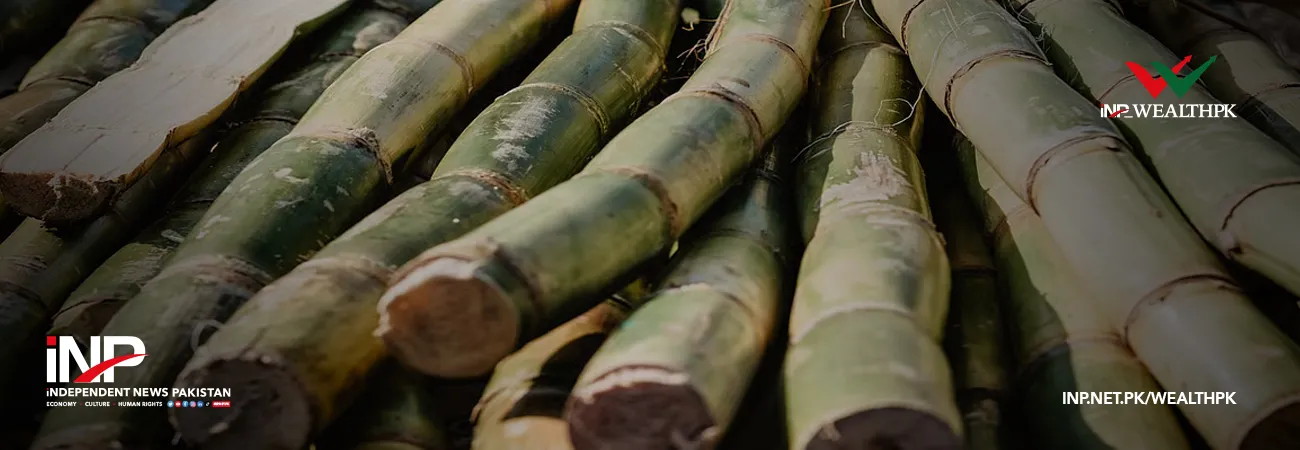INP-WealthPk
By Muskan Naveed ISLAMABAD, Nov 10 (INP-WealthPK): Qatar Energy, previously known as Qatar Petroleum – the state-owned firm, is going to have stake in establishment of a third terminal at Port Qasim in Karachi to help Pakistan meet its liquified natural gas (LNG) needs. The Gulf state is also the largest LNG supplier to Pakistan under a long-term contract. Pakistan currently operates two LNG terminals at Port Qasim. However, the two terminals are not enough to meet the country’s growing demand for the product. The existing terminals’ supply is 150,000 metric tons (Engro) and 165,000 metric tons (Gasport), respectively, while the new terminal’s capacity is expected to be 170,000 metric tons – the largest in Pakistan. Energas, a Karachi-based consortium of companies, which was granted a licence to undertake regulated activity related to the sale of natural gas and regasified liquefied natural gas (RLNG) in Pakistan on January 12, 2021, will undertake the project along with the Qatar Energy. Once the project gets underway after approval from the government, Pakistan will be able to import one billion cubic feet of gas per year through the private sector. The terminal will be able to run in an unregulated manner with no government controls. Moreover, with Qatar having pledged uninterrupted LNG supply, the terminal will not suffer from supply problems although premiums may be charged. The Qatar Energy and Pakistani companies’ consortium would have 49% and 51% stake in this terminal, respectively. The Energas-Qatar Energy’s joint venture has also prompted Mitsubishi Corp. of Japan to also show interest in Pakistan’s LNG terminals. The company is vying to build the second private terminal at Port Qasim. With the establishment of the two new terminals, Pakistan will be able to shift some of the electricity generation plants back on LNG, as power produced through furnace oil and diesel costs two and three times more than LNG. The recent years have seen a spike in energy demand thanks to increase in population and the expanding economy, where more and more industries are switching to the natural gas to minimise their production costs so their exportable goods are competitive in the international market. Natural gas roughly accounts for 50% of Pakistan’s energy consumption. It is used for electricity and industrial production as well as meeting household heating and cooking needs. With the existing natural gas reserves depleting fast and indigenous natural gas resources lying underground needing huge costs to be explored, Pakistan is turning towards imported LNG to meet its energy needs. Pakistan started importing LNG less than a decade ago. According to Bloomberg NEF, Pakistan’s LNG demand is expected to triple by 2031.













